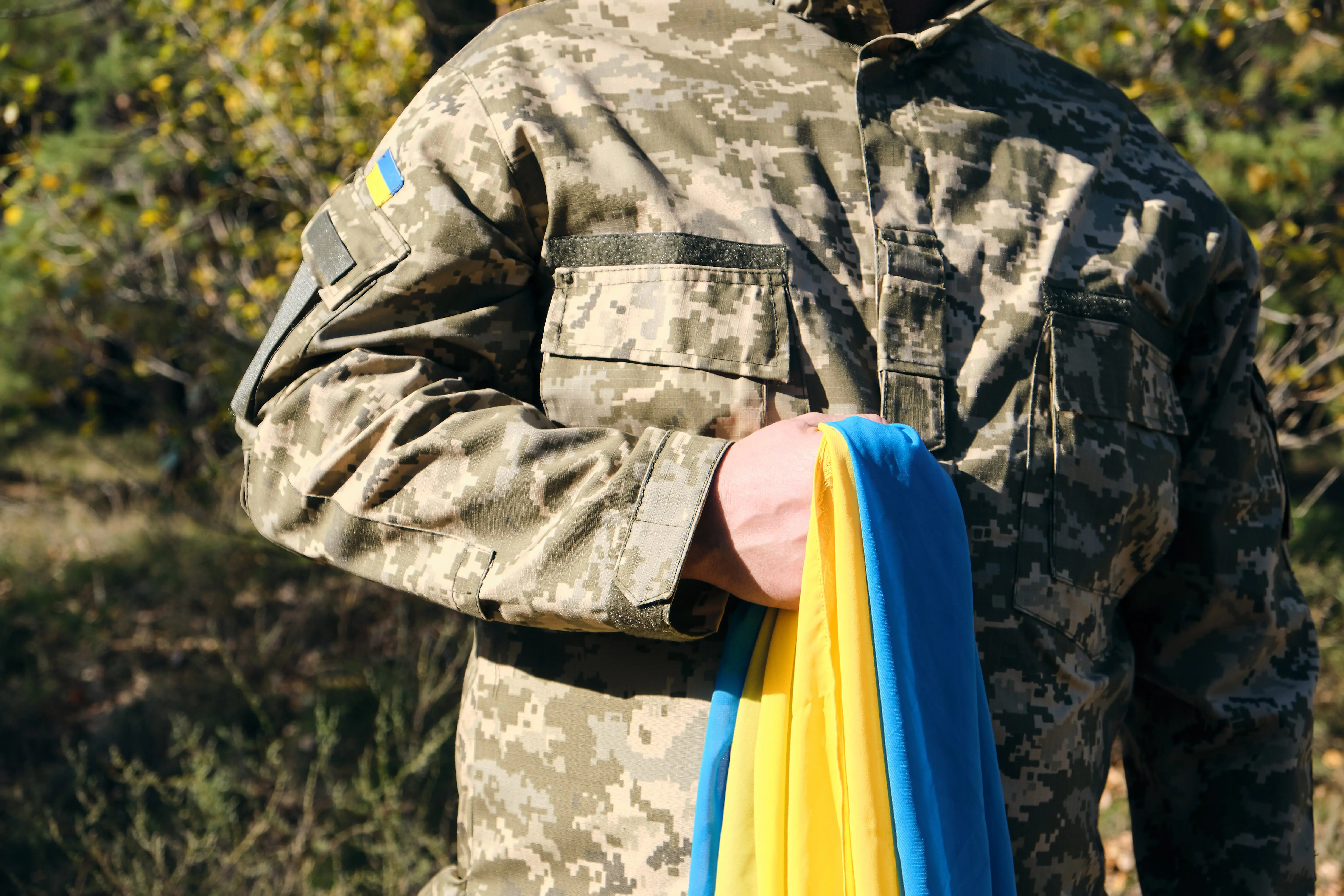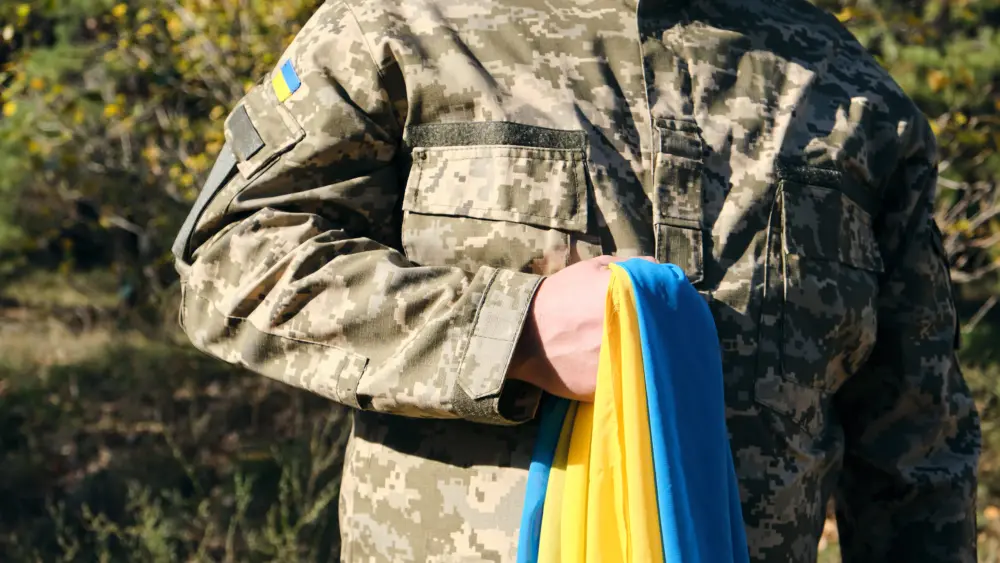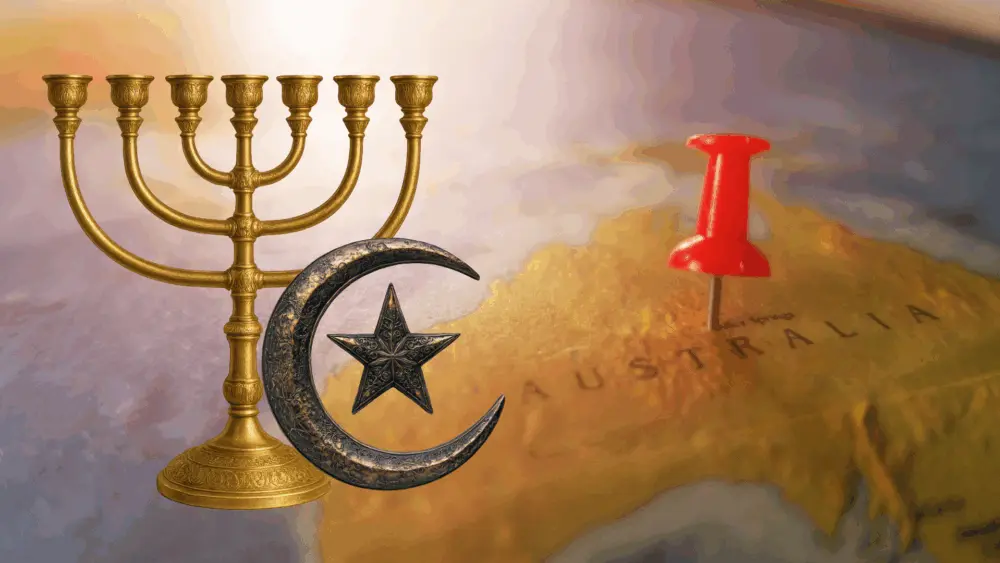
Conscription could happen in countries supporting Ukraine, bringing the conflict closer to allied nations' citizens / Envato
by Stefan J. Bos, Worthy News Europe Bureau Chief
PARIS/AMSTERDAM/BUDAPEST (Worthy News) — Leaders from 26 nations have pledged to commit troops to Ukraine as part of “post-war security guarantees,” despite mounting concern that such a move could pave the way for a return to conscription and compel young people to serve in volatile territories. The initiative, spearheaded by French President Emmanuel Macron through the “Coalition of the Willing,” was discussed at a summit in Paris and envisions deployment of a “reassurance force” once fighting subsides.
The United States attended Thursday’s gathering—represented by Special Presidential Envoy Steve Witkoff—signaling its anticipated support in the form of air capabilities and intelligence backing. However, Washington has made clear it would not involve “boots on the ground.”
A well-informed U.S. diplomat with close knowledge of military operations in Ukraine previously told Worthy News, however, that American forces were already involved in the ongoing war. He spoke on condition of anonymity because he was not authorized to discuss the matter publicly.
“Ukraine’s future must be secured not only by words but actions,” Macron said after the summit. “The reassurance force will ensure that Russia never again dares to threaten Ukrainian sovereignty.”
Ukrainian President Volodymyr Zelenskyy, who also attended the Paris discussions, welcomed the commitment. “This is a vital step toward lasting peace,” he said. “Ukrainians need to know that when the war ends, they will not stand alone.”
CONTRIBUTING FORCES
Despite the strong rhetoric, specifics regarding which countries will contribute forces—and whether those forces will be deployed on land, sea, or air—remain unresolved.
The summit unfolded amid backlash in several EU nations, particularly the Netherlands, where officials warned that a major military buildup may be required.
Currently, the Dutch military comprises about 42,300 professional soldiers, roughly 7,500 reservists, and around 24,200 civilian defense staff—about 74,000 personnel in total, according to official data. The Defense Ministry has proposed increasing the number to 200,000 by 2030 through voluntary recruitment if possible.
Mark van Buuren, a former communications strategist overseeing recruitment campaigns for the Dutch Ministry of Defense, voiced alarm at the idea of compulsory deployment abroad. He suggested that authorities may not meet requirements without reintroducing the draft. “I have a warm heart toward Defense, but I won’t offer my children for a useless war at the borders of Europe,” he said.
Flavio Pasquino, founder of the Netherlands-based independent online channel Lighthouse TV, added, “I have a 22-year-old son, and he will not go to Ukraine as cannon fodder. I will personally see to it.”
NOT SERVING?
Van Buuren echoed the sentiment: “I love this country, but if there is a scenario in which they will be forced to serve not for our people and homeland but in Ukraine, then we will leave the Netherlands.”
Hungary has also deepened the rift, with Prime Minister Viktor Orbán among the most vocal European Union leaders opposing extended military support for Ukraine and its proposed EU membership.
He cautioned that admitting Ukraine into the 27-nation bloc could “import war,” threatening Hungary’s stability, economy, and farmers. Orbán went as far as to declare, “Russia has won this war,” and criticized EU plans as reckless amid deep financial strain.
However, supporters of the plan say the envisioned “reassurance force” is intended as a post-conflict deterrent, not a wartime engagement.
Macron stressed that troop deployment would occur “only after a cease-fire.” Yet resistance within the EU—exemplified by the debate in the Netherlands and Hungary’s hard line—underscored the fault lines emerging within Europe over war-torn Ukraine.
The post 26 Countries Pledge Troops to Ukraine; Concerns Rise Over Domestic Military Mobilization (Worthy News In-Depth) appeared first on Worthy Christian News.










